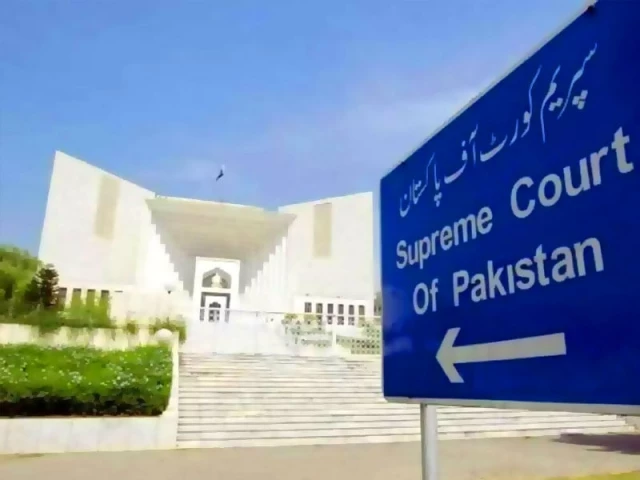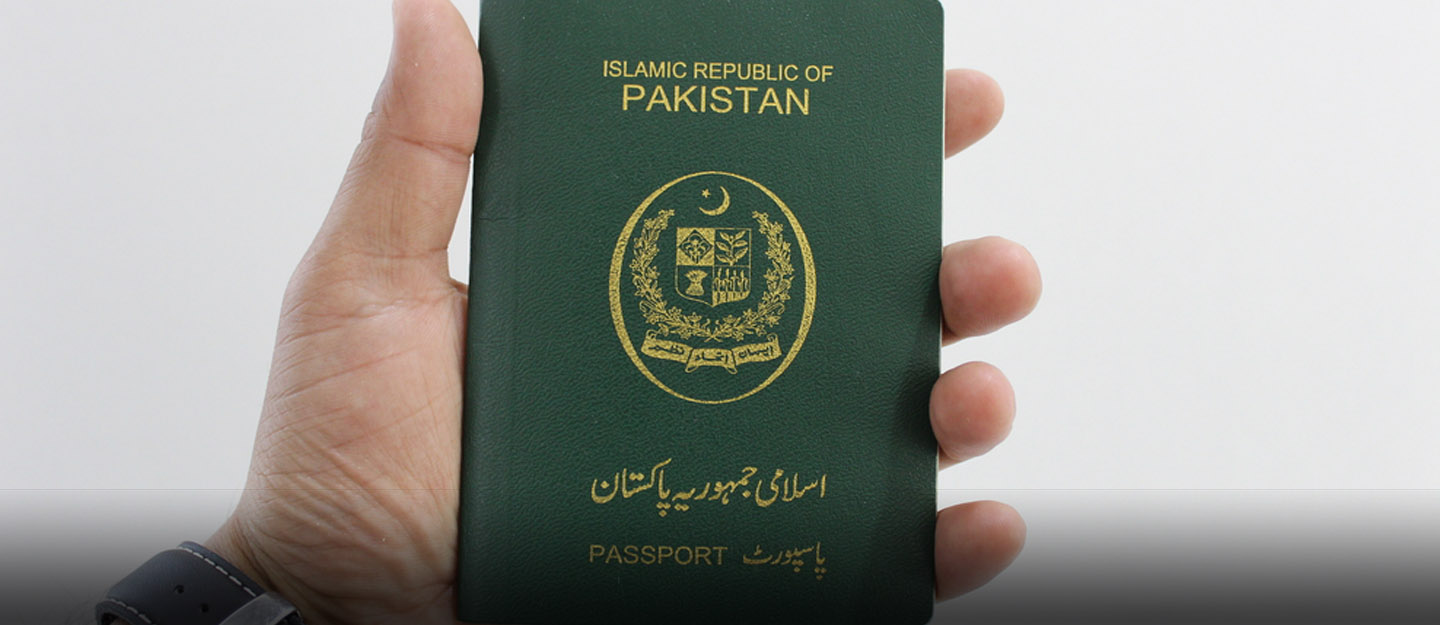SC Questions Super Tax Functions as an Additional Levy
A constitutional bench of the Supreme Court questions super tax functions as an additional levy on income already taxed under the law.
The bench asked: how can taxable income face another tax layer?
The super tax was imposed under Section 4C of the Income Tax Ordinance. The court is hearing petitions challenging its constitutionality.
Bench Raises Core Legal Doubt
Justice Jamal Khan Mandokhail asked a pointed question:
“How can a super tax be imposed on a system that is already subject to taxation?”
The petitioners’ counsel, Farogh Naseem, responded that once income is assessed, a surcharge may apply.
He noted Section 4C doesn’t label it “additional tax.” Instead, taxpayers may choose to pay under Section 4 or 4C.
Justice Mandokhail then asked: “Where does this option come from?” Naseem compared overlapping tax clauses to criminal law in which the lesser penalty applies.
The bench noted that imposing double taxation contradicts fundamental fairness.
Key Arguments & Provisions in Focus
Petitioners argue that Section 4C does not explicitly create a separate levy. They claim the revenue law offers mutual exclusivity between general income tax and super tax.
The counsel highlighted that super tax applies to sectors already taxed heavily—cement, steel, banks, sugar, oil & gas, etc.
The court also probed deductions from provident funds, asking whether taxing retirement benefits violates protections for ordinary citizens.
Earlier, the court also grilled the government’s “windfall profits” logic—whether regular price hikes count as extraordinary gains.
FBR Defense & Legislative Authority
FBR counsel defended the super tax as a lawful exercise of Parliament’s power under Article 77.
They argued that Section 2(63) of Income Tax Ordinance defines “tax” to include super tax, making it part of income tax, not a separate levy.
They maintained that the court should not transform tax policy but only test legal boundaries.
FBR further justified the 10% super tax on select sectors by pointing to exceptional profits during recent years.
The bench, however, cautioned that sectors running losses were also included, and asked how intelligible classification justified that.
Impacts on Taxpayers & Sectors
If the court rules super tax as unconstitutional or a double levy, many taxpayers could claim refunds.
Industries affected—steel, cement, banks—may rescind pricing models accounting for super tax.
Public sector and state-owned enterprises also fall under scrutiny of inclusion.
Provident fund and retirement savings are especially vulnerable: repeated deductions may erode long-term benefits.
Timeline & What to Expect
The bench has emphasized urgency, due to overlapping cases starting October 7.
It may deliver a verdict that either affirms super tax’s legality or strikes down parts under Section 4C.
Pending cases in High Courts are also paused awaiting the Supreme Court’s ruling.
Post-decision, the federal law and future budgets may require revisions.
Conclusion
The Supreme Court questions super tax functions as an additional levy when applied on income already taxed under the law.
The debate touches on fairness, constitutional limits, and fiscal policy design.
All eyes now await whether the court will affirm or annul key portions of Section 4C—and deliver clarity to Pakistan’s tax framework.







